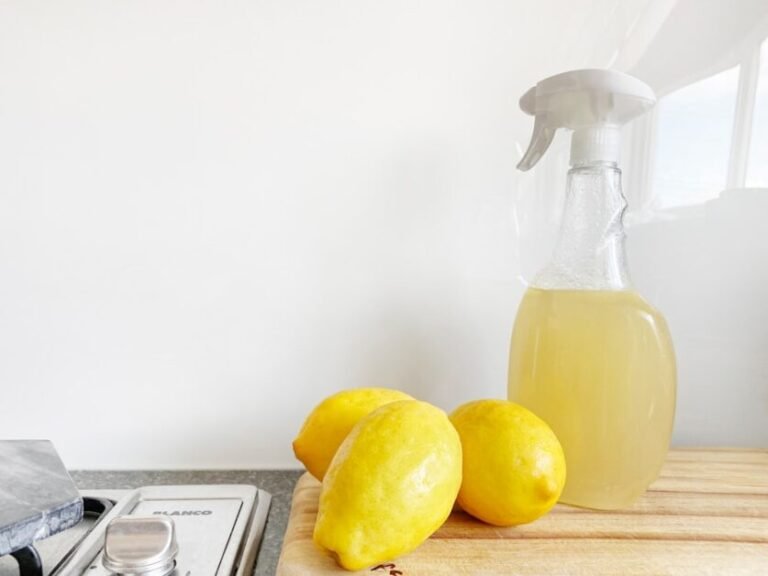Stop Sniffling and Start Breathing: Home Remedies for Nasal Congestion
Nasal congestion, also known as a stuffy nose, is a common condition that occurs when the tissues and blood vessels in the nasal passages become swollen and inflamed. This can make it difficult to breathe through the nose and can also lead to other symptoms such as a runny nose, sneezing, and a reduced sense of smell. Nasal congestion can be caused by a variety of factors, including allergies, infections, and environmental irritants. It can be a temporary annoyance or a chronic issue that affects a person’s quality of life. Understanding the causes and potential remedies for nasal congestion is important for finding relief and improving overall well-being.
Causes of Nasal Congestion
There are several potential causes of nasal congestion, ranging from temporary irritants to chronic conditions. Allergies are a common cause of nasal congestion, as the body’s immune response to allergens can lead to inflammation in the nasal passages. Infections, such as the common cold or sinusitis, can also cause nasal congestion as the body’s immune system responds to the presence of viruses or bacteria. Environmental irritants, such as smoke, pollution, or strong odors, can also trigger nasal congestion in some individuals. Structural issues, such as a deviated septum or nasal polyps, can contribute to chronic nasal congestion. Understanding the specific cause of nasal congestion is important for determining the most effective treatment approach.
Home Remedies for Nasal Congestion
There are several home remedies that can help alleviate nasal congestion and provide relief from the associated symptoms. One of the most effective home remedies for nasal congestion is to stay hydrated by drinking plenty of water and other fluids. This can help thin mucus and reduce inflammation in the nasal passages. Using a humidifier or vaporizer in the home can also help add moisture to the air, which can soothe irritated nasal tissues and make it easier to breathe. Nasal saline sprays or rinses can help clear out mucus and reduce inflammation in the nasal passages. Over-the-counter decongestants and antihistamines can also provide temporary relief from nasal congestion, but should be used with caution and under the guidance of a healthcare professional. Additionally, avoiding known allergens and irritants can help prevent nasal congestion from occurring in the first place. By incorporating these home remedies into a daily routine, individuals can find relief from nasal congestion and improve their overall quality of life.
Steam Inhalation
Steam inhalation is a popular home remedy for nasal congestion that can help open up the nasal passages and provide relief from symptoms. To perform steam inhalation, individuals can fill a bowl with hot water and add a few drops of essential oils such as eucalyptus or peppermint. They can then lean over the bowl, covering their head with a towel to trap the steam, and breathe in the warm, aromatic vapors for several minutes. The steam can help loosen mucus and reduce inflammation in the nasal passages, making it easier to breathe. Steam inhalation can be performed multiple times a day as needed to provide relief from nasal congestion.
Nasal Irrigation
Nasal irrigation, also known as nasal lavage or nasal douche, is a practice that involves flushing out the nasal passages with a saline solution. This can help clear out mucus and irritants, reduce inflammation, and improve nasal breathing. Nasal irrigation can be performed using a neti pot, squeeze bottle, or nasal irrigation system. To perform nasal irrigation, individuals can lean over a sink and tilt their head to one side, allowing the saline solution to flow into one nostril and out the other. This process can be repeated on the other side to thoroughly cleanse the nasal passages. Nasal irrigation can be performed daily or as needed to provide relief from nasal congestion and improve overall nasal health.
Essential Oils for Nasal Congestion
Essential oils have been used for centuries as natural remedies for a variety of health conditions, including nasal congestion. Certain essential oils, such as eucalyptus, peppermint, and tea tree oil, have properties that can help open up the nasal passages, reduce inflammation, and provide relief from nasal congestion. These essential oils can be used in a variety of ways to alleviate nasal congestion, including steam inhalation, topical application, or diffusion. When using essential oils, it is important to dilute them properly and use them with caution, as some individuals may be sensitive to certain oils. By incorporating essential oils into a daily routine, individuals can find relief from nasal congestion and improve their overall well-being.
Herbal Remedies for Nasal Congestion
In addition to essential oils, there are several herbal remedies that can help alleviate nasal congestion and provide relief from associated symptoms. Herbs such as ginger, garlic, and turmeric have natural anti-inflammatory and decongestant properties that can help open up the nasal passages and reduce inflammation. These herbs can be incorporated into teas, soups, or other culinary preparations to provide relief from nasal congestion. Additionally, herbal supplements such as echinacea, goldenseal, and elderberry can help support the immune system and reduce the severity and duration of nasal congestion caused by infections. By incorporating herbal remedies into a daily routine, individuals can find relief from nasal congestion and improve their overall quality of life.
Lifestyle Changes to Relieve Nasal Congestion
In addition to home remedies and natural treatments, making certain lifestyle changes can help alleviate nasal congestion and prevent it from occurring in the first place. Avoiding known allergens and irritants, such as pollen, dust, pet dander, and smoke, can help reduce the frequency and severity of nasal congestion. Keeping the home clean and free of dust and mold can also help improve nasal health. Using air purifiers and HEPA filters can help remove allergens and irritants from the air, making it easier to breathe. Additionally, practicing good hygiene, such as washing hands frequently and avoiding close contact with individuals who are sick, can help prevent the spread of infections that can lead to nasal congestion. By making these lifestyle changes, individuals can find relief from nasal congestion and improve their overall well-being.
When to Seek Medical Attention for Nasal Congestion
While home remedies and natural treatments can provide relief from nasal congestion for many individuals, there are certain situations in which it is important to seek medical attention. If nasal congestion is accompanied by severe or persistent symptoms, such as fever, facial pain, or difficulty breathing, it is important to consult a healthcare professional. These symptoms could indicate a more serious underlying condition, such as a sinus infection or nasal polyps, that may require medical treatment. Additionally, if nasal congestion is chronic and does not respond to home remedies or over-the-counter treatments, it is important to seek medical evaluation to determine the underlying cause and develop an appropriate treatment plan. By seeking medical attention when necessary, individuals can ensure that they receive the care they need to find relief from nasal congestion and improve their overall quality of life.
Finding Relief from Nasal Congestion
Nasal congestion is a common condition that can be caused by a variety of factors, including allergies, infections, and environmental irritants. Understanding the causes and potential remedies for nasal congestion is important for finding relief and improving overall well-being. Home remedies such as steam inhalation, nasal irrigation, essential oils, and herbal remedies can help alleviate nasal congestion and provide relief from associated symptoms. Making lifestyle changes, such as avoiding allergens and irritants, can also help prevent nasal congestion from occurring in the first place. In some cases, it may be necessary to seek medical attention for nasal congestion, especially if it is accompanied by severe or persistent symptoms. By incorporating these strategies into a daily routine, individuals can find relief from nasal congestion and improve their overall quality of life.







